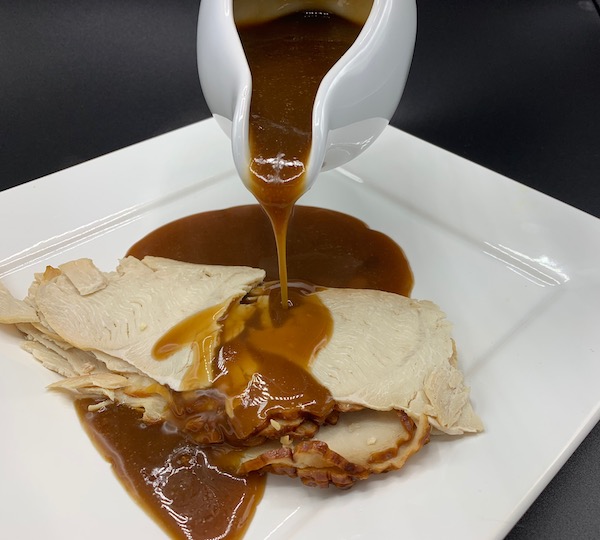- 28shares
- 12
Is Kale Good For You
Question:
Is kale good for you?
Answer:
Yes, Kale is very good for you!
You probably already knew that since it is leafy and green vegetable, but kale actually goes above and beyond the normal good for you label. The health benefits of kale are multiple and have been studied extensively for possible links to both cancer prevention and cancer reduction. Kale is actually chock full of all kinds of good for you things including vitamins, minerals, antioxidents and fiber.
Kale, also known as borecole, is about the healthiest vegetable around. Kale can be found in three different varieties – curly, ornamental and dinosaur. One look at the Brassica family tree (to which kale belongs as do other cruciferous vegetables such as cabbage, collard greens, broccoli, and Brussels sprouts) and you will begin to understand why kale is good for you.

What’s Good About Kale? Why is kale good for you? The benefits of eating kale are extensive since kale is a naturally good source of so many good for you ingredients. Let’s start with the antioxidant vitamins A, C & K for which it is most famous. Within the mere 33 calories contained in one cup of chopped kale there is 206% of the daily value of vitamin A, 134% of vitamin C, and an overwhelming 684% of vitamin K!
Other goodies in kale include antioxidants (carotenoids & flavonoids), calcium, copper, potassium, iron, manganese, lutein (which promotes eye health), phosphorus and zeaxanthin. A cup of kale also provides about 3 grams of protein.
Kale is overflowing with Vitamin K, a vitamin necessary for a variety of bodily functions, including normal blood clotting, antioxidant activity, and bone health. A diet rich in vitamin K can reduce cancer risk and help fight cancer [1]. Vitamin K is abundant in leafy green kale, parsley, spinach, collard greens, and also in cheese.
The fiber content of kale is also exceptional, especially when kale is cooked instead of raw. Fiber binds bile acids and helps lower blood cholesterol levels and reduce the risk of heart disease.

Can Kale Be Bad For You?
Too much of a good thing, including vitamin K, can pose problems for certain people. Those people taking anticoagulants (like warfarin) should avoid kale because high levels of vitamin K can interfere with these drugs.
Too much potassium can also cause problems for some people, specifically those taking beta-blocking medication. Also, if your kidneys are not fully functioning they will not be able to remove the excess potassium being ingested in the kale causing excessive potassium in the body. That one cup serving of kale provides about 9% of the daily recommended intake of potassium. Excessive potassium in the system can be fatal.
Kale also contains oxalates, naturally occurring substances which can interfere with calcium absorption. To prevent this problem, avoid eating kale at the same time as calcium-rich foods.
To be safe, consult your doctor before adding kale to your diet.
More About The Goodness of Kale
Another advantage of kale is that it can generally be found in the winter when other fresh vegetables have a hard time growing. It has a slightly bitter taste and is crunchier than most leafy vegetables. Kale can be added to your diet in several ways including added raw to green smoothies, dips, salads, pesto and as a cooked vegetable simply sauteed with a little olive oil and garlic, or added to soups and stews.
To find the freshest kale look for firm stems and deeply colored leaves. Leaves can range in color from dark green to purple to deep red, depending on the variety. Choose smaller leaves as they will be milder in flavor and tenderer than the larger leaves.
To find out how long kale lasts, check our kale page.











